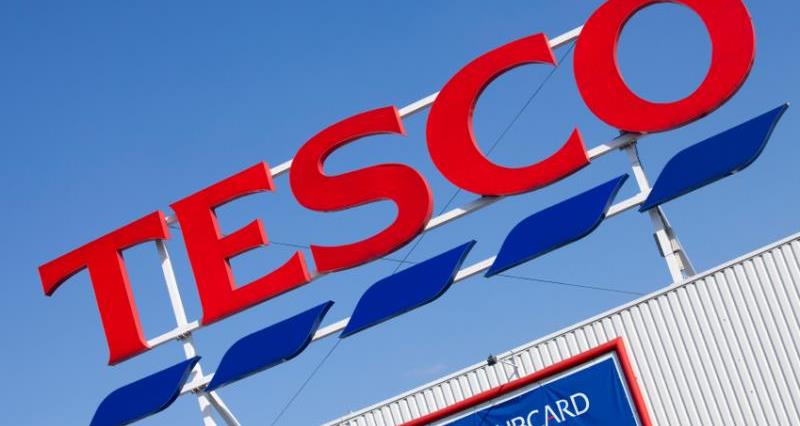He writes:
Nearly a decade ago, I undertook a lot of research into food provenance on behalf of clients.
As interest in local food burgeoned, what were the attributes behind food provenance and just how important was it to consumers? I ran survey work, studied sales data and spoke to shoppers, lots of shoppers, from Glasgow to Kent, across different lifestages and across different socio-economic groups.
I was reminded of this as I read an article from The Grocer magazine about Tesco’s move to replace its ‘everyday value’ brand to ‘farms’ brands. This brand was launched in store on Monday, there are seven different farm brands for different products - Redmere Farms for vegetables; Boswell Farms for beef. The names of these farms don’t have any link to where the product has been sourced from, something that has the potential to confuse or even mislead customers.
Casting my mind back to when I was doing market research into customers’ views of branding, I recall the reason for shopper interest in provenance was knowing where the food came from and how it was produced. This is often used to imply both quality and freshness. Referencing a farm or a farmer gave shoppers some type of assurance, and this could be further reinforced by imagery. I imagine that if you road-tested the new-look Tesco farm brands and packaging with shoppers, some would come to the conclusion that these new brands offered similar attributes of quality and freshness.
Time will tell how shoppers react, but I can’t help thinking that a fabricated brand that implies a degree of provenance could be viewed by some as misleading.
In order for customers to not be misled by this new branding it is vital that Tesco ensure that the origin - varied across the products - is extremely clear to customers. This should include flags and large Red Tractor logos.
More...
- April is the cruelest month - NFU Vice President Guy Smith on BPS
- Supporting dairy farmers through the tough decisions ahead - Chief dairy adviser Sian Davies
- Our response to bee health study - Dr Chris Hartfield
- What does Ofcom's blueprint mean on-farm?
- Just how important is market transparency? - NFU economist Rohit Kaushish
- Can we continue to grow oilseed rape in the UK? - NFU plant health expert Emma Hamer
- What could we learn from the Spanish supply chain? - Food chain adviser Christine McDowell
It is clear that Tesco have identified that customers have a positive affinity with farmers and want to capitalise on this. In the popularity and trust stakes, supermarkets have been down at the bottom of the league alongside banks. By contrast, the NFU has worked hard to get across consumer messages around farming and our own research shows that farming is seen today in a broadly positive light. Although we are pleased this is giving a positive view of our industry we want this image to be used with integrity.
Tesco are not the only retailer to have launched a brand such as this. Morrison’s use the ‘Market Deals’ brand to sell new Zealand lamb legs on promotion and both Aldi and Lidl use farm names within their branding. The key question to ask with this is, what are these brand’s trying to communicate? If this is not aligned with the origin sourcing and specification of the product we must ask if this is misleading to customers.
We strongly believe a provenance message is within Tesco’s grasp. They have a sustainable approach to working with fresh milk suppliers, which they have extended (adapted model) to cheese. They are trialling direct sourcing contracts in the lamb sector. I’m sure the country’s biggest retailer has the ability to fast track this and work with farmers across a number of products to further develop long term relationships and use the genuine provenance that British farmers can offer, but have they the will to make it happen?
